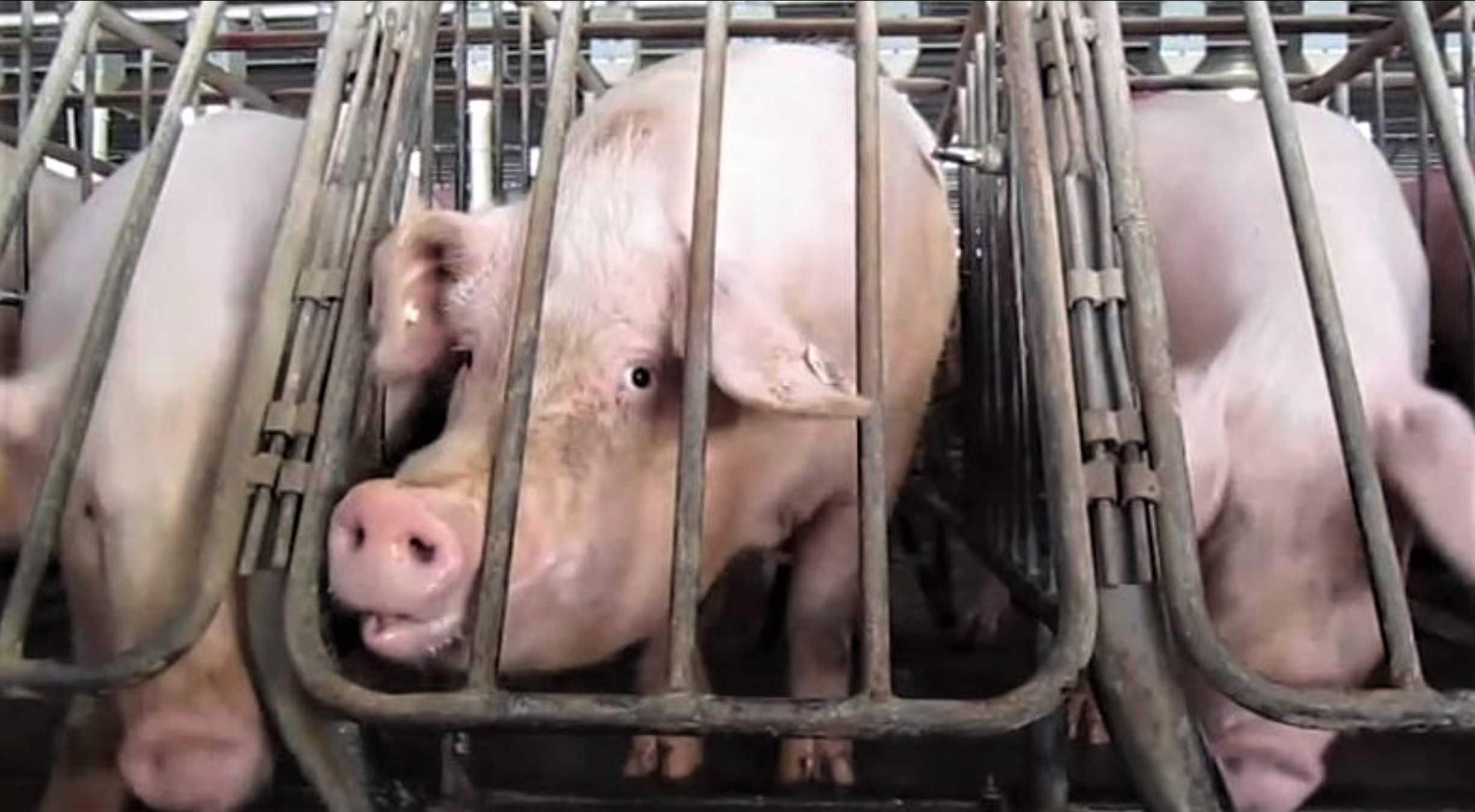In a recent article, “The Effects of Food on Ecosystems and Biodiversity”, in Psychology Today, Marc Bekoff — professor emeritus of ecology and evolutionary biology at the University of Colorado — describes a new book, “Rethinking Food and Agriculture: New Ways Forward” as a game changer. The book is a collection of essays edited by Drs. Amir Kassam and Laila Kassam, which lays out how humans have knowingly decimated a wide variety of ecosystems through our actions and our choices. For example, we’ve been aware for some time how our food choices are devastating not only the lives of countless nonhuman sentient beings, but also the planet.
He says who we eat — products of global food and industrial agricultural systems — is one of the main causes, if not the main cause, for the unprecedented and rampant ecological devastation of Earth's diverse ecosystems. As one of the essayists, NYU professor Dale Jamieson notes, "The addiction to beef that is characteristic of people in the industrialized countries is not only a moral atrocity for animals but also causes health problems for consumers, reduces grain supplies for the poor, precipitates social divisions in developing countries, contributes to climate change, leads to the conversion of forests to pasture lands, is a causal factor in overgrazing, and is implicated in the destruction of native plants and animals.”
Bekoff selects excerpts from the book’s introduction — testimony to some of the damage done:
Since 1970, human activities have wiped out 60% of wildlife populations.
Half of the planet’s topsoil has disappeared in the last 150 years and we are losing 24 billion tonnes every year.
Forests are also disappearing at an alarming rate. It is estimated that we have cut down 46% of trees since the start of human civilization.
We kill an ever-increasing number of land animals for food and other products such as wool, fur, and leather. In 1961, we slaughtered around 7 billion land animals for food, and we are currently killing approximately 70 billion a year (not including male chicks destroyed by the egg industry). We also kill around 80 billion farmed fish every year.
Life in the sea is also being destroyed by fishing and ocean acidification. We kill between 1 and 3 trillion wild aquatic animals every year for food. It is estimated that if we keep fishing at the current rate, there will be no fish in the oceans by 2048.
The editors add, "It is not, however, agricultural land use change alone that has been driving the destruction of nature, particularly since WWII. These changes, along with the industrial agriculture production systems that have developed with them, are servicing consumer demand for food products and diets that are leading not only to environmental destruction but to negative health impacts such as increased obesity, noncommunicable diseases such as cancer, heart diseases, diabetes, and general ill-health."
Bekoff urges us to pay close attention to the science and the wide array of facts that clearly show we must change our ways. “We can't continue denying the huge role we are playing in the rampant global destruction for which we are responsible”.
He says, “Our meal plans, lifestyles, and relationships we have with other animals surely are not sustainable and future generations will pay a huge price for our indiscretions. Indeed, we and other animals are suffering from how we live and who we choose to eat right now.”
While the message is daunting, it is more evidence that the world is waking up to the damage and dangers of the industrialized agriculture system which have been further exposed by the pandemic. These valuable perspectives from experts in the field are influencing public opinion, spurring people to shift their eating habits, raise their voices to governments, and stand up to those vested interests who put their narrow economic interests ahead of the common good.

